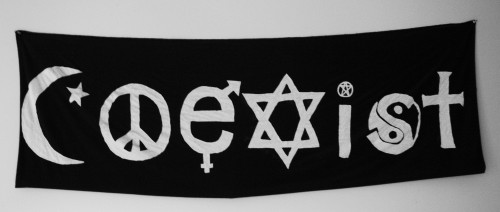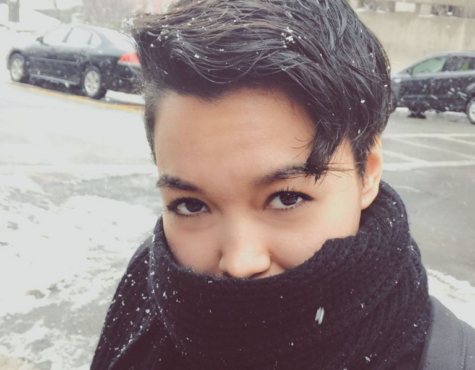In wake of recent attacks and shootings around the world, including actions from the terrorist group known as the Islamic State, the Charlie Hebdo shooting in Paris, the Chapel Hill shooting in North Carolina, and, most recently, the attack in Copenhagen, Denmark, a conversation on religious acceptance and pluralism has sparked on social networks.
At Suffolk, a community with a diverse student population, those conversations are relevant to the many backgrounds and traditions that coexist within the university. The Interfaith Center serves as that medium for students and faculty of different religious backgrounds to have open dialogues on different traditions and communities.
Daily, the center offers spaces for meditation and prayer. It also offers discussions on specific religions that are open for all students to attend.
“It’s interesting,” University Chaplain Rev. Amy L. Fisher said. “More people who are not part of the religion that we are talking about will show up to learn more about it. That, to me, is the most important part of coexisting.”
Students on campus who stop by the Interfaith Center are interested and willing to learn of traditions that are different from their own, according to Fisher.
After the Chapel Hill shooting last week, which took the lives of three young Muslims, the trend #muslimlivesmatter began emerging on Facebook and Twitter. In December, during an attack in Sydney where people were held hostage at a cafe, the trend #illridewithyou spread almost immediately after the siege to support Australian muslims who were afraid to use public transportation.

The Interfaith Center is no stranger to helping students during tragedies and attacks. Fisher recalls helping students after the Boston Marathon bombings in 2013, and even after the terrorist attack of 9/11.
“Everyone has a visceral reaction to these events, regardless of what background they come from,” she said.
The approach the Interfaith Center takes on religious pluralism is from a dialogic perspective. This approach calls for harmonious coexistence between different belief systems and for individuals to seek to understand the religion and beliefs of others.
This perspective allows for open conversations about where different religions meet and how they differ.
Fisher explained that the Interfaith Center strives for religious acceptance, rather than mere tolerance under this approach.
“I can ‘tolerate’ that someone is wearing a black scarf, for example,” Fisher said. “But it’s different from ‘accepting’ it.”
Some of the resources the Interfaith Center offers is on eastern traditions, the Muslim community, Roman Catholicism, and Judaism. Students may use the center located on the fifth floor of Donahue for spiritual guidance, counseling services, and concerns about ethics or morality.
Fisher can be reached at [email protected] or via Twitter @RevAmyFisher.







